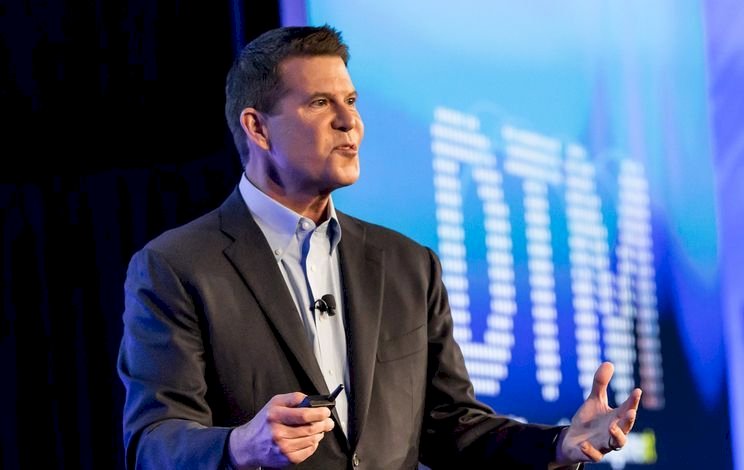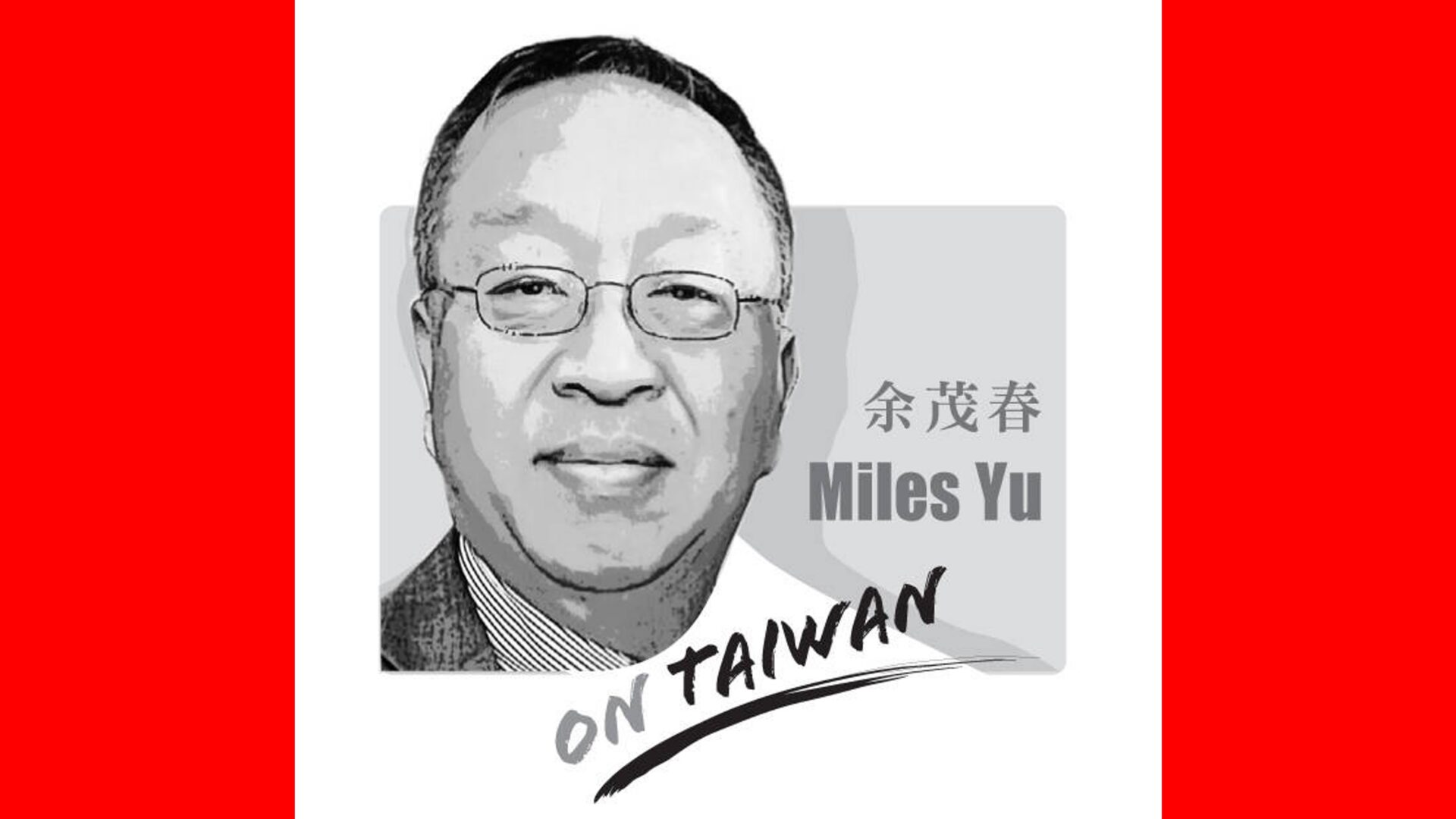
Former U.S. Secretary of State Krach revisits Taiwan to strengthen U.S.-Taiwan private sector ties
Keith Krach, who visited Taiwan as the U.S. Under Secretary of State in 2020, was the current U.S. State Department official who visited Taiwan at the highest level in 41 years. On the 9th, he will visit Taiwan again to meet with government officials and leaders of the technology industry to strengthen ties between the private sector of the United States and Taiwan.
The Krach Institute for Tech Diplomacy at Purdue, a subsidiary of the Purdue Research Foundation of the United States, announced on the 8th that former President Trump was in charge of economic growth, energy and the environment. Keith Krach will visit Taiwan again from 9th to 12th to meet with senior Taiwan government officials, technology industry and academic leaders.
The association pointed out that Krach’s trip has three major purposes, including strengthening global technological security, establishing the “Taiwan Center for Innovation and Prosperity” (TCIP), and expanding Taiwan’s role in the global trusted technological network.
Krach later tweeted that he was on his way to Taiwan. This visit was as a “Tech Diplomat”, hoping to strengthen the private sector relationship between the United States and Taiwan.
Krach said: “The work of protecting freedom does not depend entirely on the government, and the private sector is also very important. The uniqueness of the private sector in the United States and Taiwan is a major competitive advantage against the “Chinese Communist Party model.” He pointed out that TCIP will promote the US Taiwan industry and government cooperation, especially in the field of reliable technology development.
Krach visited Taiwan as Under Secretary of State in September 2020, making him the highest-ranking current U.S. State Department official to visit Taiwan since the U.S. and Taiwan broke off diplomatic relations in 1979.
Although the focus of Krach’s visit to Taiwan was to commemorate former President Lee Teng-hui, he still exchanged views with Taiwanese officials on issues such as bilateral economic prosperity network, 5G clean network, industrial supply chain restructuring, and Indo-Pacific strategy. President Tsai Ing-wen hosted a banquet for Krach at the official residence, and TSMC founder Zhang Zhongmou was also a guest.
Prior to serving as undersecretary of state, Krach, who holds a master’s degree in business administration from Harvard Business School, had extensive experience in the business world.
At the age of 26, he became the youngest vice president in the history of General Motors in the United States. After moving to Silicon Valley for development, he founded Ariba, the world’s largest B2B e-commerce platform in 1996, with an annual transaction volume of more than US$1.7 trillion
Related Posts

article
The Era Of ‘Tech Diplomacy’ Is Here
Technology is the new frontier of international relations. The interaction is bi-directional: technology is defining diplomatic matters while diplomacy is also influencing the development and deployment of technology. Take semiconductors as an example. This is a technology that forms the foundation of digital economy, national security, and productivity in almost all industries. Global supply chain in the semiconductor industry is shaping U.S. foreign policy. Conversely, America’s diplomatic effort has been redefining the supply chain. Tech diplomacy is different from science diplomacy, which became a key pillar for the U.S. and other countries since World War II. Scientists participated in treaty negotiations, engaged in bilateral summits and served as attachés at embassies. Primary topics included nuclear proliferation, super-collider construction, human space exploration and environmental science.

By: Miles Yu
article
Miles Yu On Taiwan: China’s lessons—and fears—from the Wagner revolt in Russia
For over a century, tumultuous events thousands of miles away in Russia have impacted China profoundly. Mao Zedong (毛澤東) famously said that the cannon sound of the October Revolution brought Marxism-Leninism to China. Now Xi Jinping (習近平) fears that last month’s Wagner revolt may provide a model for the Chinese Communist Party’s undoing.